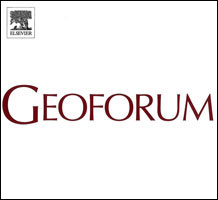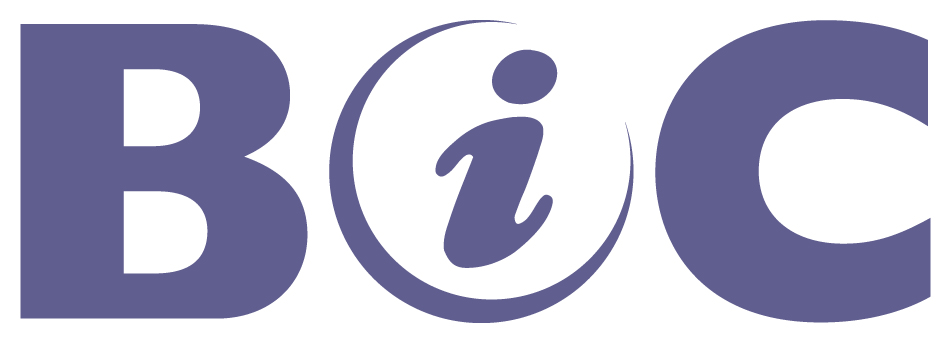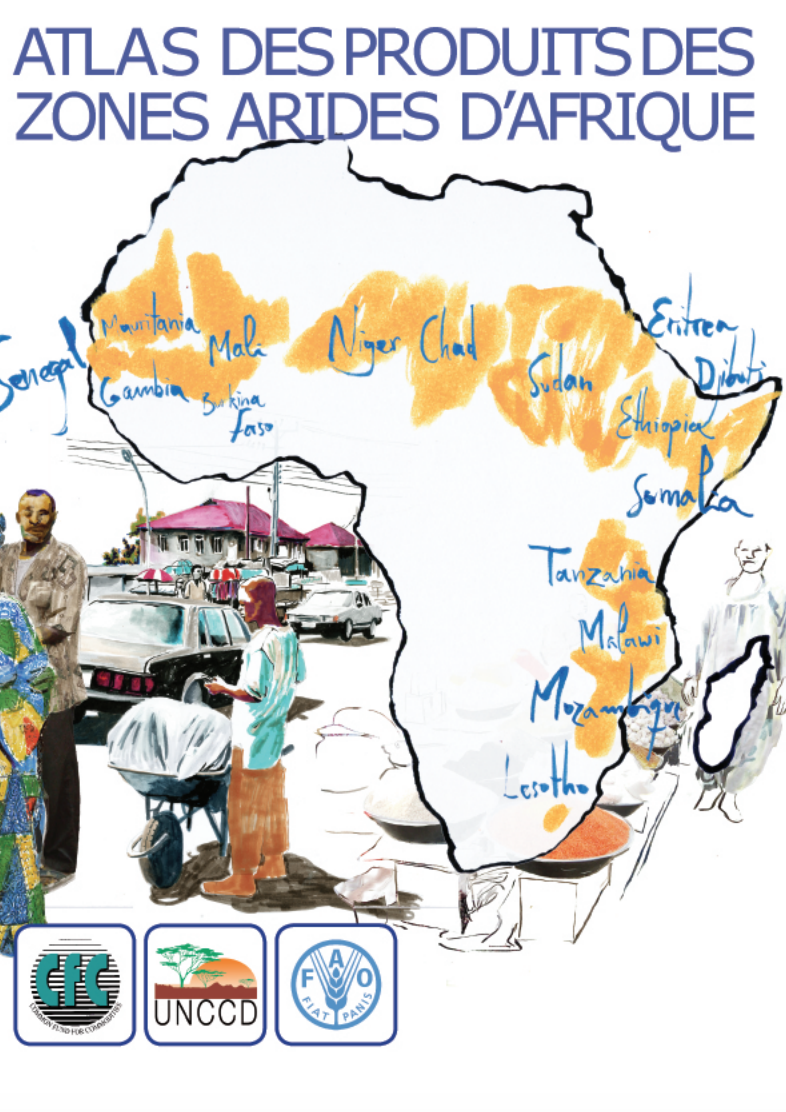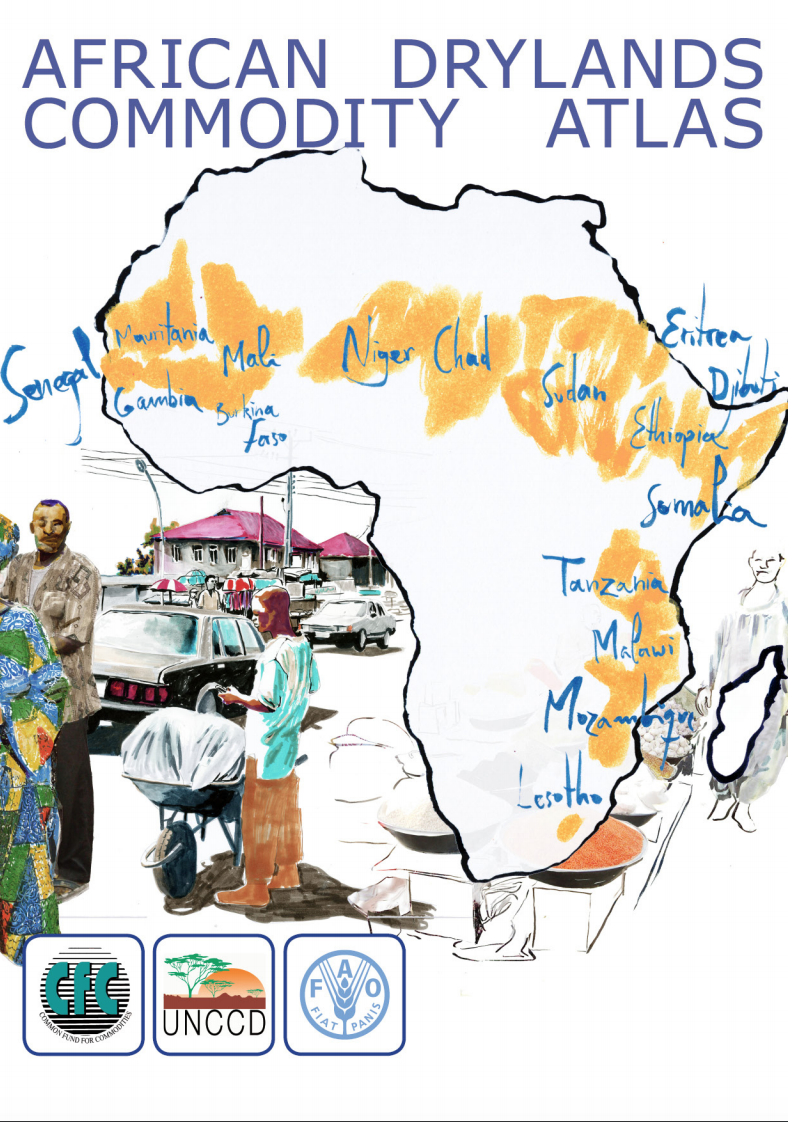Details
Location
Contributions
Displaying 281 - 290 of 2403Graduate Institute of International and Development Studies
The Graduate Institute of International and Development Studies is an institution of research and higher education dedicated to the study of world affairs, with a particular emphasis on the cross-cutting fields of international relations and development issues.
Through our core activities, we aim to promote international cooperation and make a contribution to the progress of developing societies. More broadly, we endeavour to develop creative thinking on the major challenges of our time, foster global responsibility and advance respect for diversity.
University of Bern
The University of Bern (German: Universität Bern, French: Université de Berne, Latin: Universitas Bernensis) is a university in the Swiss capital of
Geoforum
Geoforum is a leading international, inter-disciplinary journal publishing innovative research and commentary in human geography and related fields. It is global in outlook and integrative in approach. The broad focus of Geoforum is the organisation of economic, political, social and environmental systems through space and over time.
Accountability Counsel
Accountability Counsel amplifies the voices of communities around the world to protect their human rights and environment. As advocates for people harmed by internationally financed projects, we employ community-driven and policy level strategies to access justice.
Bank Information Center
The Bank Information Center (BIC) partners with civil society in developing and transition countries to influence the World Bank and other international financial institutions (IFIs) to promote social and economic justice and ecological sustainability. BIC is an independent, non-profit, non-governmental organization that advocates for the protection of rights, participation, transparency, and public accountability in the governance and operations of the World Bank Group and regional development banks.
York Centre for Asian Research
YCAR is a community of York University researchers who are committed to analyzing the changing historical and contemporary dynamics of societies in Asia, understanding Asia’s place in the world, and studying the experiences of Asian communities in Canada and around the globe. Our inter-disciplinary membership includes faculty, students and other research associates from across the social sciences, humanities, health, education, creative/performing arts, law and business.
Probe International
Probe International is an independent environmental advocacy group that fights to stop ill-conceived aid, trade projects, and foreign investments. But more importantly, we work to give citizens the tools they need to stop these projects – the rule of law, democratic processes, and honest and transparent accounting.
Atlas des Produits des Zones Arides d'Afrique
Avant-propos La notion de désertification se définit comme une dégradation des sols en zone aride, semi-aride et subhumide sèche, souvent appelée simplement « zone aride ». On estime qu’elle résulte d’une combinaison de facteurs, parmi lesquels les changements climatiques et l’activité humaine. Plus d’un tiers de la superficie totale de la terre est considéré comme zone aride. En termes démographiques, c’est un cinquième de la population totale du globe qui vit en zone aride déjà dégradée ou menacée de désertification.
African Drylands Commodity Atlas
Desertification is defined as land degradation in arid, semi-arid and dry sub-humid areas, resulting from various factors, including climatic variations and human activities. More than one third of the surface of the earth consists of drylands. In terms of population, one out of every five people of the world live in already degraded or desertification-prone drylands. These people include many of the world’s poorest, most marginalized, and politically weak citizens. For instance, nearly 325 million people in the African continent live in drylands.
La gouvernance territoriale et ses enjeux pour la gestion des ressources naturelles
Comme la Préface l’a souhaité, ce document est conçu comme un plaidoyer. Son objectif, en effet, est de montrer pourquoi il faut aujourd’hui replacer la Convention de Lutte contre la Désertification au cœur des stratégies engagées pour affronter la crise montante de l’écosystème global. Son point de départ est un constat sans appel : la progression de la désertification et de la dégradation des terres et des eaux conduisent inéluctablement à un développement non durable (Chapitre I).











